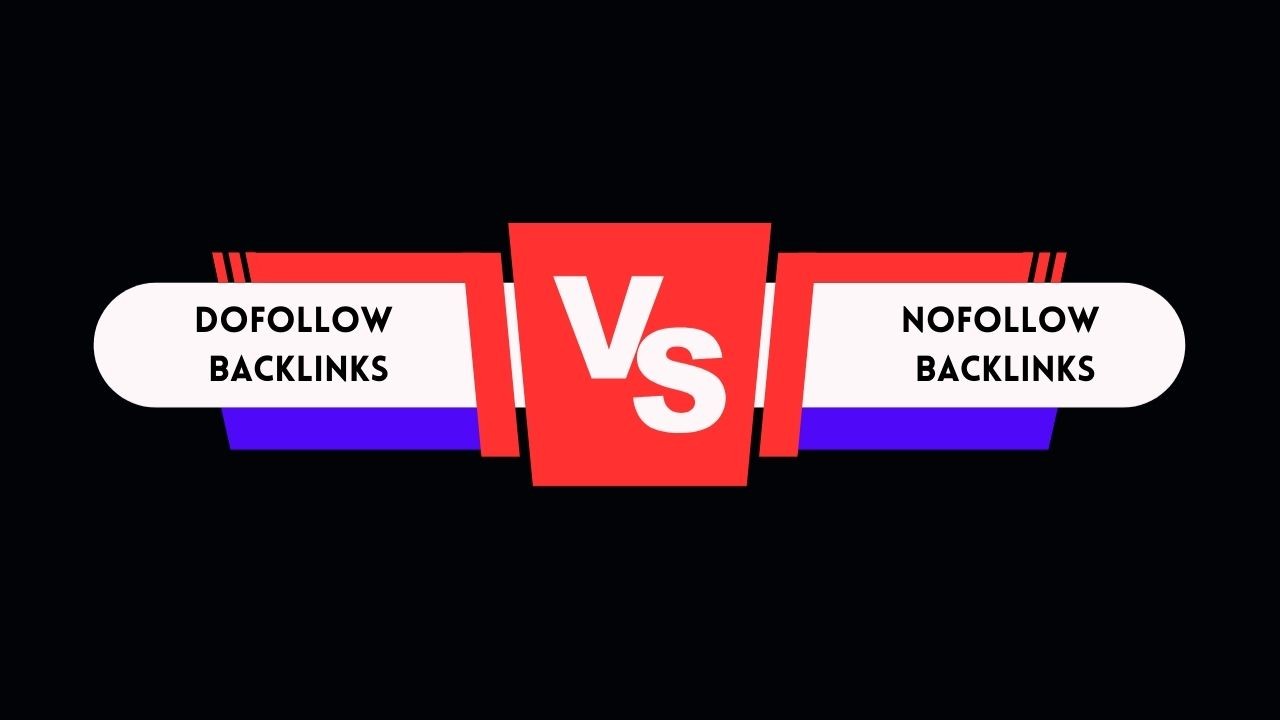
Dofollow Backlinks vs. Nofollow Backlinks: Understanding the Difference and Impact on SEO
In the ever-evolving world of search engine optimization (SEO), backlinks are a fundamental element of any successful strategy. Backlinks, also known as inbound links, play a crucial role in determining a website's authority and search engine ranking. Two common types of backlinks that you'll often encounter are "dofollow" and "nofollow" backlinks. In this article, we'll explore the key differences between these two types of backlinks and their respective impacts on SEO, complete with examples to illustrate the concepts.
What are Dofollow and Nofollow Backlinks?
Before we dive into the differences, let's clarify what dofollow and nofollow backlinks are:
Dofollow Backlinks: A dofollow backlink is a link that allows search engines to follow it and pass on link equity or "link juice" from the source page to the destination page. In other words, dofollow links are like upvotes from one website to another, indicating to search engines that the source website endorses the content on the destination page and boosts its SEO authority.
Nofollow Backlinks: A nofollow backlink, on the other hand, is a link with a special HTML attribute called "rel=nofollow." This attribute tells search engines not to follow the link and not to pass on any link equity. Nofollow links are typically used to prevent search engines from considering a particular link when determining a website's search engine ranking.
The Impact on SEO
Understanding the differences between dofollow and nofollow backlinks is crucial for your SEO strategy. Here's how each type can affect your website's performance in search results:
Dofollow Backlinks:
Boost SEO Rankings: Dofollow backlinks from authoritative and relevant websites can significantly boost your website's search engine ranking. These links act as endorsements, signaling to search engines that your content is valuable and trustworthy.
Increase Organic Traffic: Higher search engine rankings result in increased organic traffic to your website. More people are likely to find and visit your site when it ranks well in search results.
Nofollow Backlinks:
Limited SEO Impact: Nofollow backlinks, while not passing on direct link equity, can still be valuable. They can drive traffic to your site and improve your website's overall online presence. However, they won't have the same impact on search engine rankings as dofollow links.
Crawl Budget Preservation: Nofollow links can help you manage your website's crawl budget effectively. When search engine crawlers encounter a nofollow link, they won't follow it, which means they allocate their resources to follow and index other pages on your site.
Examples
Let's illustrate the differences with a couple of examples:
Example 1 - Dofollow Backlink:
Imagine you run a cooking blog, and a well-known culinary website links to one of your recipes with a dofollow backlink. In this case, the search engines view this as an endorsement from a reputable source. As a result, your recipe page's search engine ranking may improve, and more users searching for cooking tips might discover your content.
Example 2 - Nofollow Backlink:
Suppose a popular food blogger mentions your cooking blog in a post but includes a nofollow link. While this link won't directly impact your search engine ranking, it can still drive traffic to your website. Readers who trust the food blogger might click the link to explore your content, leading to increased visibility and potential conversions.
Conclusion
In the world of SEO, both dofollow and nofollow backlinks have their roles and importance. Dofollow backlinks are valuable for boosting search engine rankings and driving organic traffic, while nofollow backlinks can enhance your online presence and direct users to your site.
A well-rounded SEO strategy often includes a mix of both types of backlinks. It's crucial to focus on creating high-quality, shareable content and building relationships with authoritative websites to earn dofollow backlinks. Additionally, engaging in guest posting, social media marketing, and content marketing can help you acquire nofollow backlinks that still offer significant benefits in terms of referral traffic and brand visibility.
Ultimately, the key to successful SEO lies in understanding the nuances of dofollow and nofollow backlinks and utilizing them strategically to enhance your website's online presence and search engine performance.